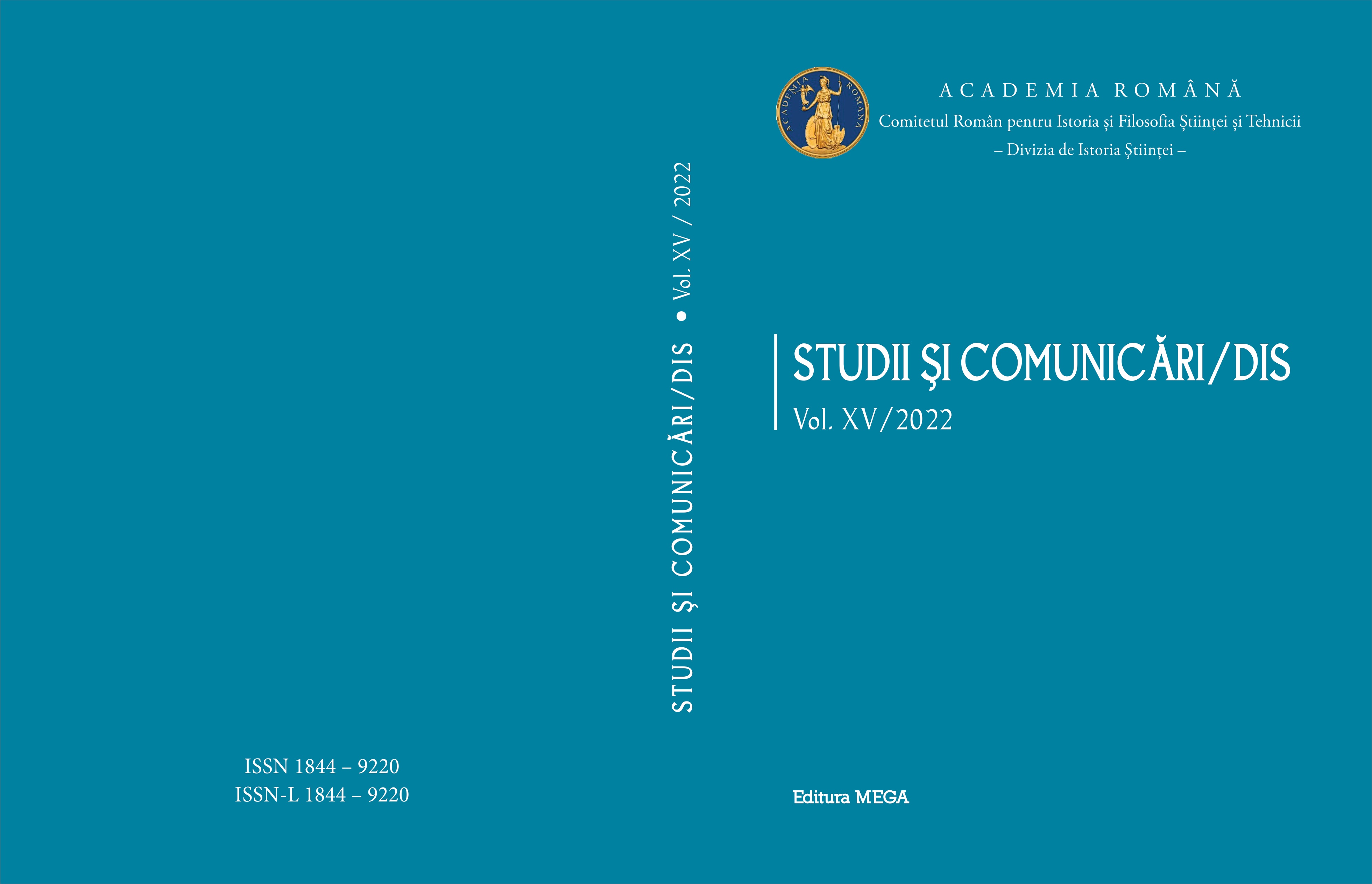Creierul, câteva procente epistemice. O foarte scurtă istorie a neuroştiinţelor. Excurs bibliografic
The brain, some epistemic percentages. A very short history of neuroscience. Bibliographical digression
Author(s): Narcis ZărnescuSubject(s): Bibliography, Philosophy of Science, Neuropsychology, Health and medicine and law
Published by: Editura Mega Print SRL
Keywords: neuroscience; mechanisms of the human brain; philosophy of science; experiment;
Summary/Abstract: The study can be considered a cross-section of the bibliography of the brain and neuroscience: from Herodotus, Hippocrates, Plato and Aristotle, to the Neurophylosophy of Patricia and Paul Churchland; to Daniel Dennett’s Explained Consciousness or David Chalmers’ surprising hypotheses about the mechanisms of the brain. Gradually, neuroscience systems and subsystems, classified, explored, mapped or challenged by followers of the new critical spirit, reloaded / updated, illustrated by names such as Gerald Edelman, Antonio Damasio, Vilayanur Ramachandran, Giulio Tononi and Rodolfo Llinás, reveal the wonderful, versatile and hallucinatory universe of the human brain. The philosophy of science occupies the first places in the top of representative research, thanks to the works of Jacqueline Sullivan, Bickle and Kostko, who expand the boundaries beyond the neurobiology of learning and memory. The conclusion is unexpected: these scientists, with an IQ that exceeds the average several times, unfortunately only manage to sequentially complete micro experiments; micro theories, models of consciousness, various pathological subsystems or demonstrations whose coherence is versatile; whose argumentative structures are unstable, whose truth is fragile. Taken separately, neuroscientific theories and studies seem to open up fascinating philosophical perspectives. There is, of course, no consensus on the correctness of experiments, neural and synaptic networks, diagnosis or coherence of theories. In general, the attitude of every scholar, group, team towards the scientific products of other scientists, groups, teams, is skeptical or critical. Among the “epistemic percentages”, which have been and will continue to be explored in the author’s studies, there are some dramatic themes, which are worth at least listed, now and here: morality, empathy, self, neuro prediction, pain, consciousness, wanderings of the mind.
Journal: STUDII ȘI COMUNICĂRI/DIS
- Issue Year: XV/2022
- Issue No: 15
- Page Range: 249-261
- Page Count: 13
- Language: Romanian

